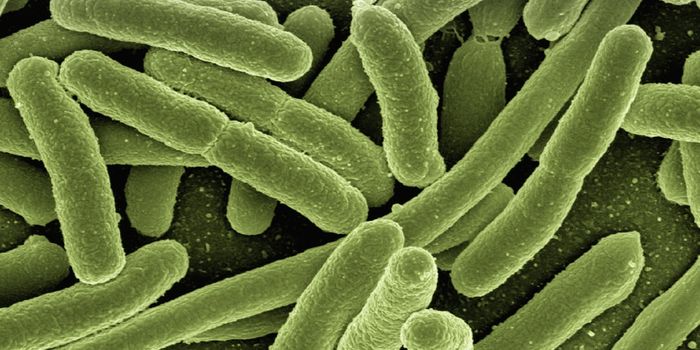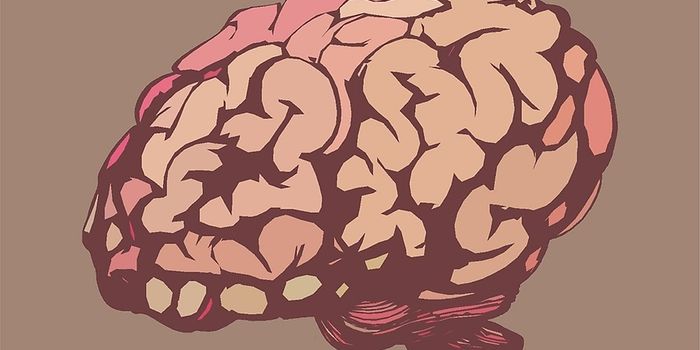Universal Vaccine for Influenza A and B Shows Promise in Mice
A new universal flu vaccine is effective against both influenza A and B viruses in mice. The corresponding study was published in PLOS Pathogens.
Currently, influenza vaccines are based on strain-specific immunity to hemagglutinin, a protein that sits on the surface of flu pathogens and binds to host receptor molecules. However, these surface proteins often mutate, leading to new strains of flu that can escape the immune response and reproduce in the body, leading to flu-like symptoms.
To overcome these mutations, flu vaccines are currently recommended on an annual basis. However, the effectiveness of these seasonal vaccines is unpredictable and may be as low as 20% due to continuous mutations of hemagglutinin proteins. Developing a vaccine that inoculates against more resistant parts of the flu virus is crucial for developing a universal flu vaccine.
In the current study, researchers designed a new vaccine candidate: an immune-stimulating virus-like particle featuring less-variable parts of both influenza A and B viruses: multi neuraminidase protein subtypes and the universally conserved M2 ectodomain protein.
They found that mice vaccinated with the new vaccine candidate were protected against multiple variants of influenza A and B, as well as potential pandemic viruses, such as H1N1 (swine flu) and H5N1 (bird flu).
"We developed a single, universal vaccine entity that induced immunity to conserved M2 ectodomain and multi subtype neuraminidase proteins and was found to be effective in conferring broad cross-protection against antigenically diverse influenza A and B viruses in young and aged mice," said Dr. Sang-Moo Kang, senior author of the study and a professor in the Institute for Biomedical Sciences at Georgia State University.
"This study provides impactful insight into developing a universal influenza vaccine inducing broad immunity against both flu A and B variants in young and aged populations, he added.
The researchers now aim to investigate whether their universal vaccine candidate has similar effects in ferrets- as they have similar respiratory tracts to humans.
Sources: Science Daily, PLOS Pathogens









